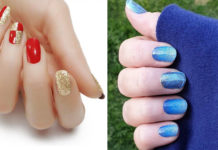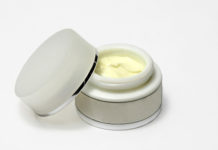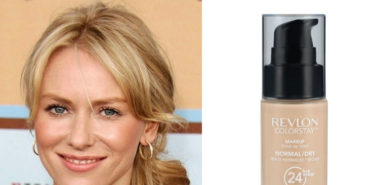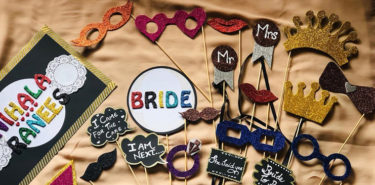Affiliate Disclaimer
Some links in this article are affiliate links. We may earn a small commission if you make a purchase through these links, at no extra cost to you. We only recommend products we find useful to our readersEverybody wants to be a great parent. We want to bring up our children with the most valuable ethics and Values. We want them to grown up and become Smart and confident. In the quest to teach our children the importance of being confident, sometimes we might overcompensate with giving our children complements they do not always should hear. Do you know that these compliments may end up doing more harm than good and you should stop giving these complements to your kids right away.
1. You’re so Pretty-

Related Article: Tips to improve mother-daughter relationship
2. You’re so smart-
Giving your child continuous compliments like “You’re So Smart” Can make them believe they are born with a certain level of smartness and they fail to associate it with hard work. In a later part of schooling years, when they encounter problems in some subject they will think that there are not smart enough to understand that subject rather than working hard to understand and polish their knowledge. Instead voluntarily try to teach them how their efforts translate into good results. Like saying I’m proud of you for working so hard on that English paper. It will make them believe in achieving targets.
3. Good Girl/Boy-
Studies have shown that constantly reinforcing a child with words like You’re a good Girl, Or good Boy makes them become completely invested in maintaining that title in front of you. Sometimes, when a child feels he has not performed well or done something which is not good, he may end up lying and fooling you to live up to that image. It creates a sense of hiding their true self and be perfect before you. And trust us, you definitely don’t want that. This is one of the biggest examples of complements you should stop giving your kids.
4. Great Job-
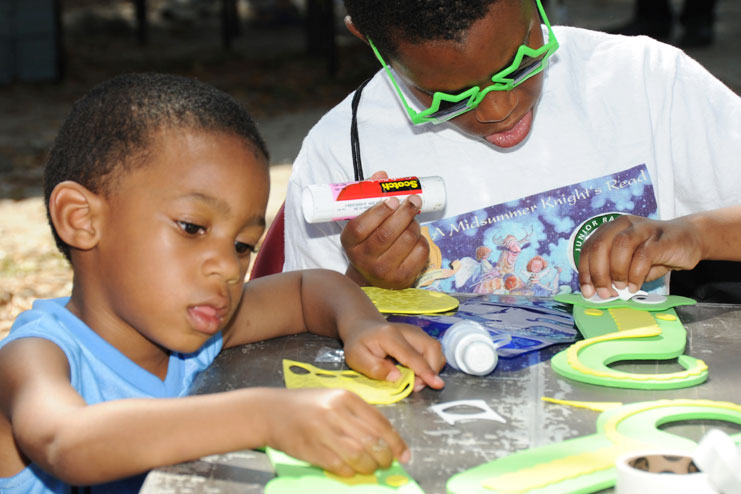
5. You’re the Best-
Often used by parents to reinforce confidence in children, this complement can end up really creating a deeper impact on your child. The child will grow up thinking he has to live up to certain standards and keep pressurizing himself into achieving unrealistic goals. Instead of making him feel invincible choose to congratulate him for smaller victories along with reference to his hard work. Set achievable goals and always appreciate their best performance, rather than comparing or distancing him from others.
6. An insincere complement-





